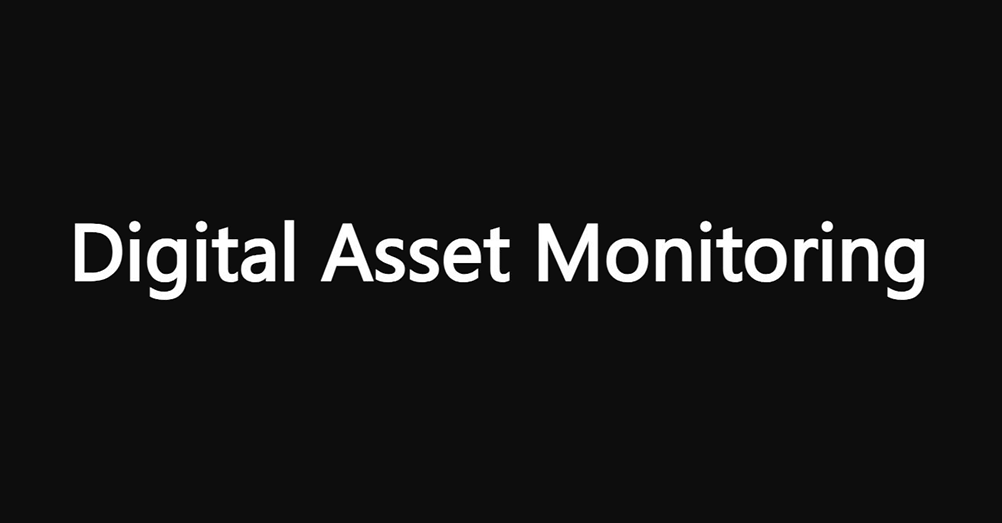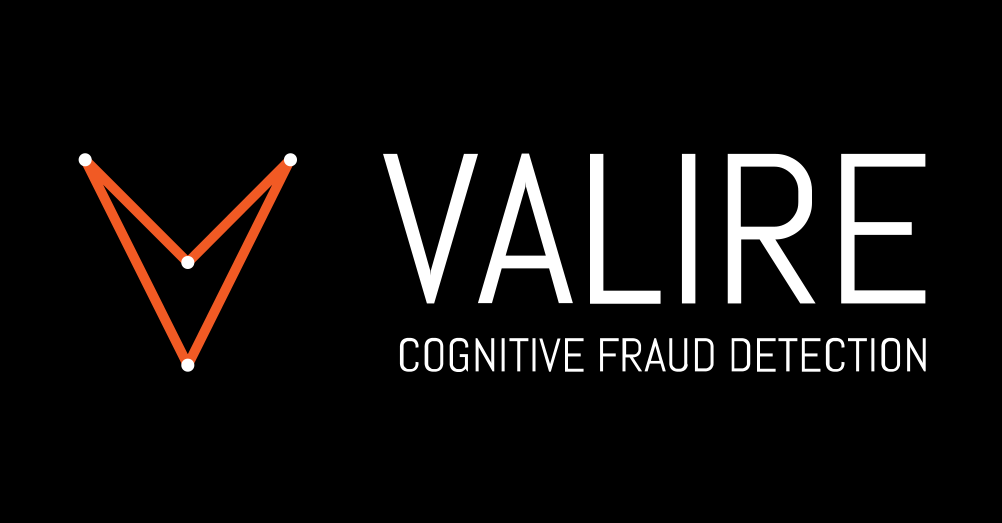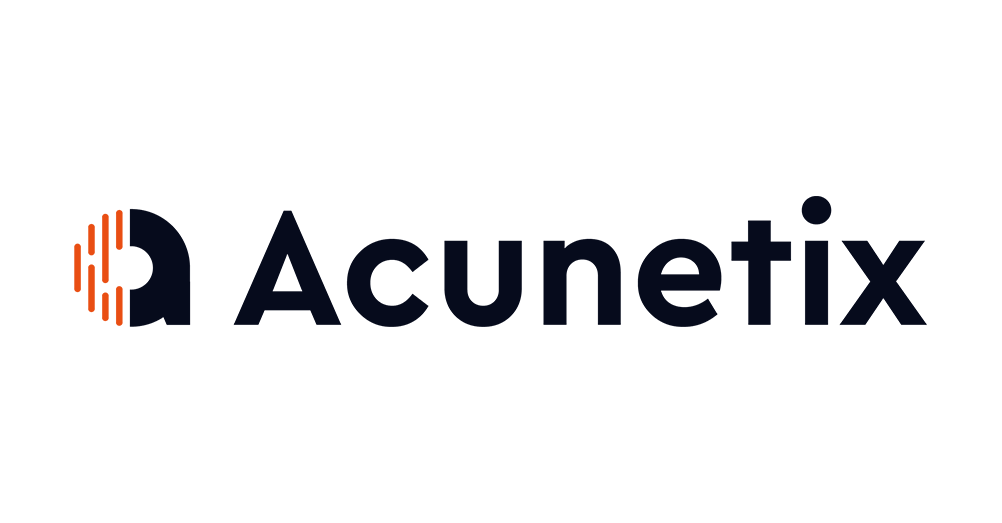Digital Asset Monitoring
Description
Asset Monitoring, commonly referred to as Attack Surface Monitoring, provides a scheduled range of monitoring services across the publicly available network surface, including threat monitoring, vulnerability scanning, and real-time reporting on the infrastructure and application status.
Asset Monitoring contains the following services;
- Threat Monitoring – monitoring for a range of threats, malware, defacement across the public surface web apps. Threat detection engines employ signature-based methods and behavioural based detections to detect malware and zero days attacks at the application level.
- Vulnerability Scanning – identifies and protects against code vulnerabilities such as x-scripting, SQL injection, authentication and access control issues, data exposure, identified known vulnerabilities, port change configurations, and more.
- DNS Monitoring – DNS intelligence mapped across all whitelisted domains and subdomains to prevent a range of DNS and pharming fraud.
- Infrastructure Monitoring – monitoring of exposed network surface services including network and Open VAS, TCP/UDP/SSL/OS Configuration status and checks.
- Content Change Monitoring – detect any changes in public-facing content above-set threshold parameters. Detect unauthorized content by internal users, third parties and malicious actors.
- Website Defacement –real-time monitoring of websites for hacking, defacement, malicious code, and health status checks.
- Continuously monitors attack points and vectors.
- Identify vulnerable external systems that hackers can leverage.
- Manage threats and malicious activity in web applications.
- Detect and manage high-risk public-facing assets.
- Harden the organisation’s surface against emerging cyber-attacks.





 ...[Read More]
...[Read More]
